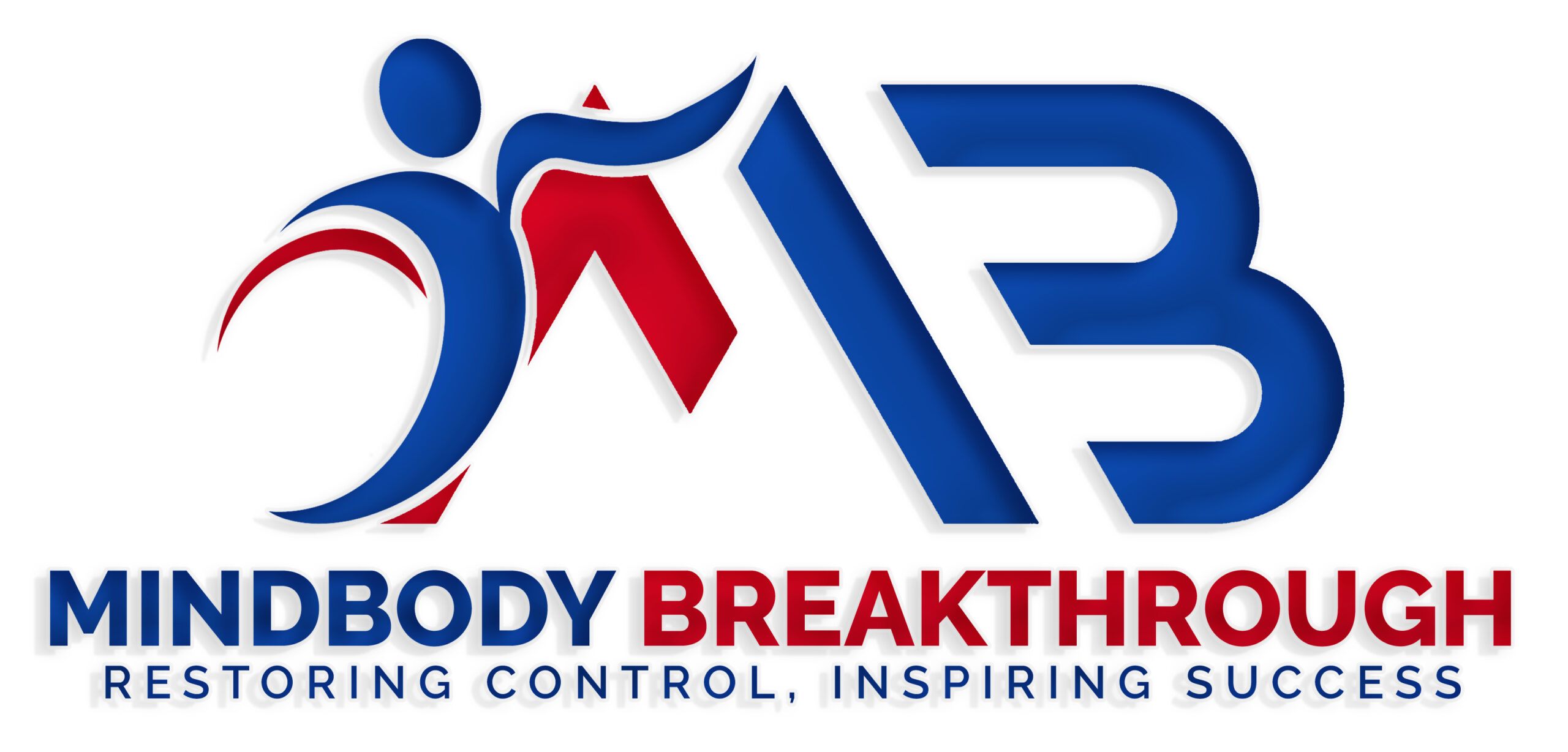Log in / Sign in
Login
Register
0
0
Shopping cart (0)
Subtotal: £0.00
This is going to be a very helpful purchase for you. Many people have found the contents very useful. Go ahead!
Obsessive-compulsive disorder is a brain-driven condition that is characterised by excessive obsessive thoughts, urges or images which are distressing and generating huge anxiety in the process. These obsessions are often accompanied by debilitating compulsive behaviours/mental acts as as the psychic attempt to stay in control and 'ward off' the evil of one's obsessions. But does that mean you're crazy if you have OCD? What are the scientific findings on OCD that can help us find relief and greater will-power to gradually move towards recovery? This is what this short video is all about. Continue reading
19
Jun
If you are anxious about feeling anxious, your nervous system will interpret this as a fresh threat that requires more activation of your fight/flight response. That means more anxiety symptoms for you to deal with. You can see how we can easy get locked in the vicious cycle of the fight /flight/freeze experience, along with its debilitating somatic symptoms. In this clip, I share some important things to be aware of about anxiety to ensure your inner resilience and overall mental wellbeing, while protecting you from feeling anxious about anxiety. Continue reading
16
Mar
Childhood insecure attachment has been known for decades to negatively affect children outcomes in life. Humans are creatures of relationships. Our brain depends on the nurturing, compassionate and safe environment to complete its full development. If a child misses out on a secure-base and emotionally attuned relationship with the primary care-giver, substitute attachment relationships may be sought subconsciously later in life (such as addictions) as a way of self-regulating. Early interactions between infants and primary carers stimulate the development of our reward, stress and emotional regulatory systems. If these systems fail to fully develop in childhood, we become increasingly dependent Continue reading
10
Mar
Depression is a brain-driven, biochemical condition that affects key neurotransmitters involved in motivation, pleasure, mood and cognition. If you suffer from depression, your brain is heavily involved in your depressive symptoms. This means that you cannot blame yourself for your inability to feel pleasure, think straight or self-motivate. Feelings of guilt, shame, hopelessness, uselessness, self-criticism, self-condemnation and self-mutilation are typical in major depressive episodes, but this must be put in context that can stimulate recovery and not truncate it. In this short video, I share a few things you must know to initiate your recovery journey. Continue reading
02
Mar
Anxiety is a physiological state of survival that can be extremely debilitating. In dealing with anxiety, however, the key insights that can initiate better management and coping skills might be simpler than you think. It turns out that it begins with right understanding. In this short clip, I share 3 things you should be aware of in order to deal with anxiety more effectively. Continue reading
17
Feb
Anxiety is actually your friend, your ancient survival friend, and not your enemy. While life's negative experiences may readapt the anxiety centre to work harder than normal and get mistaken for a foe, it does not have to stay like that and permanently become the boss of the psyche. In this short video, I share how you can initiate a healthy reconditioning process for your ancient friend - anxiety. Continue reading
04
Feb
Here, I answer one of the commonly asked questions on anxiety; 'Do I have anxiety?' Anxiety is a natural survival energy, but if mobilised too much it can wreak havoc within our emotional, physical and mental states. Continue reading
25
Jan
Humans are creatures of relationships. Without supportive and loving others around us, the human mind cannot survive long. Neonates maladapt in the absence of emotionally attuned and available primary care-givers. Likewise, adults can fall apart when the most important relationships in their world become irreparable. It's been said that almost all psychiatric/psychological disorders began as a relationship problem; be it the love totally withheld, conditionally given or a substitute relationship with addictive substances, such as alcohol, drugs, gambling, and so on. The quality of your close relationships decides your mental wellness or stress. In fact, relationship is thought to account for Continue reading
30
Nov
Anger is an adaptive survival energy that has been part of our innate coping mechanisms as humans. If safely and properly channeled, it could be a potent force for change. For example, thousands of charitable causes have been established as a result of redirected anger for the common good. Likewise, millions of relationships have been salvaged because someone somehow refused to let the survival brain overpower the rational, relational and logical brain in the heat of the moment. Although anger can be a powerful force for change, it can also be extremely destructive if handled wrongly and allowed to become Continue reading
25
Nov










